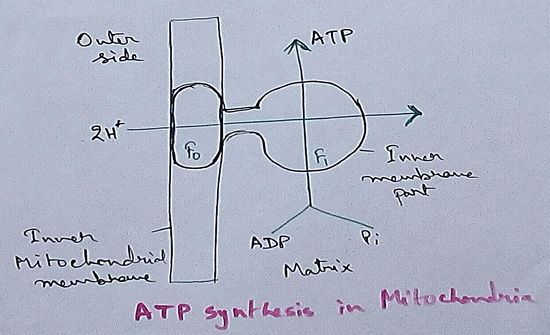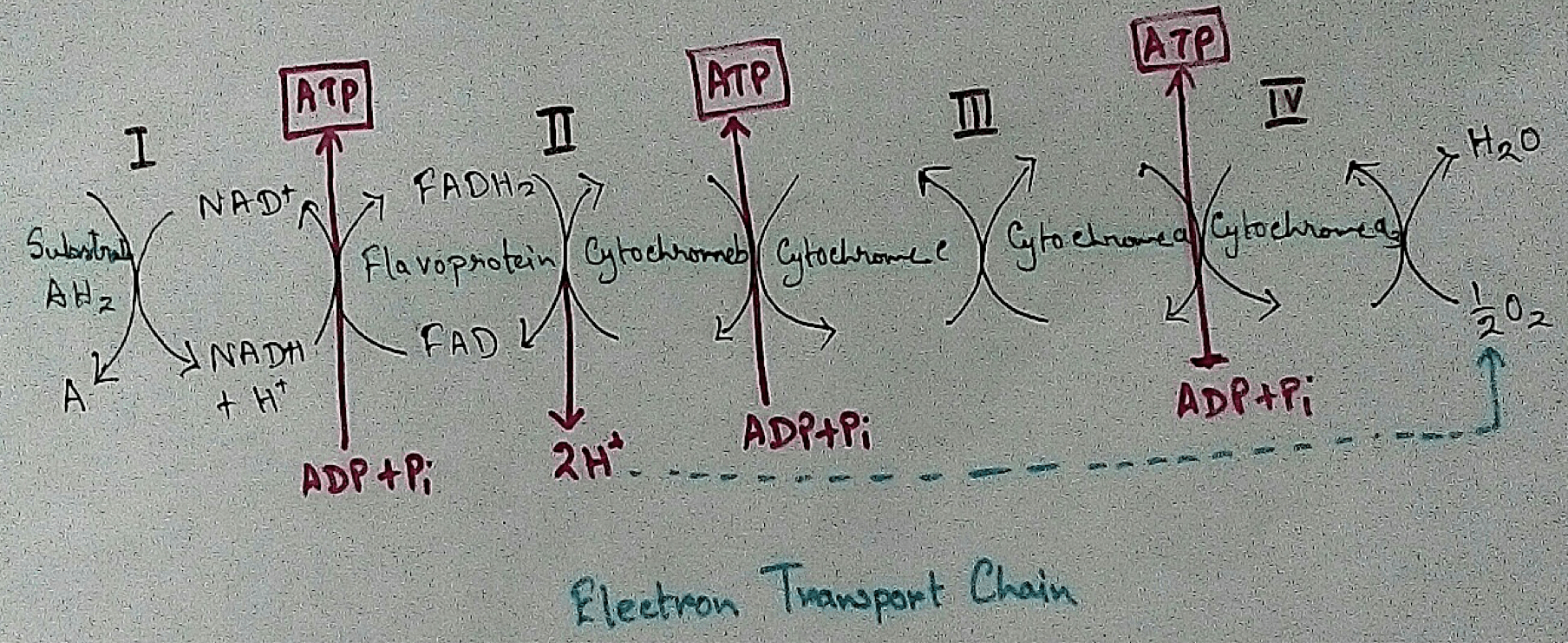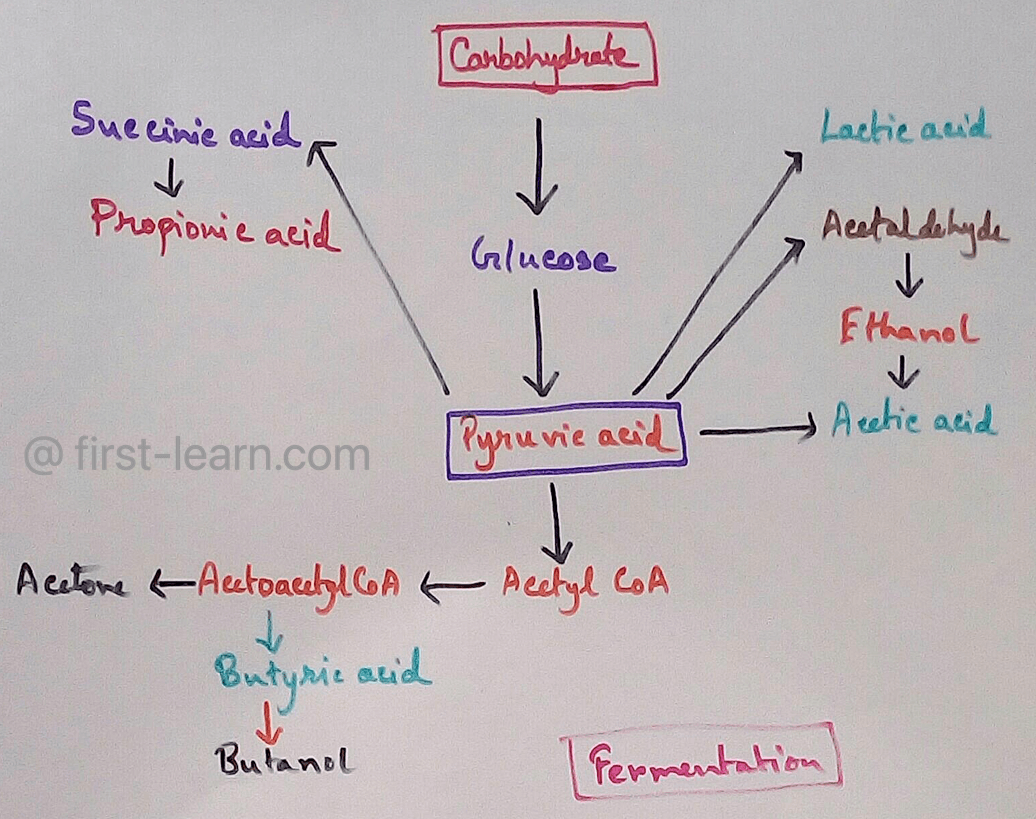Parts of Speech
Men are blessed that they have the power to express their feeling. We do that by the help of language. Language is incomplete without sentences. This sentence or speech has several parts. These are called parts of speech. The parts of speech are the classes into which words are divided according to their function in a sentence. In our English grammar there are eight parts of speech. These are - noun, pronoun, adjective, verb, adverb, preposition, conjunction and interjection. These are different in meaning. This is because of work and purpose.
Noun: The name of a person, place or thing is called a noun. This may be various types. Example - book, God, song, etc.,
For
example:
1. The sun rises in the east.
2. Delhi is on the Jamuna.
Note: The word thing means,
(i) all objects that we can see, hear, smell, touch, or taste;
(ii) something that we can think of.
Noun is classified into five sections. These are - proper nouns, common noun, collective noun, material noun and abstract noun.
Any name is proper noun. Example - Sam
Which suggests a class is common noun. Example - man
Any collection is called collective noun. Example - herd
Any virtue or vice & any abstraction is abstract noun. Example - purity
Pronoun: A pronoun is used instead of a noun. These are of many types. Such as she, he, you, we, they, them, etc.,
For
example:
1. When the tiger saw the man, it sprang upon him.
2. As Jack is ill, he will not come to school.
Some rules about pronoun
In English pronoun has three persons. These are – first person, second person & third person.
For I, we and this type of all possessions we use first person.
For you and this type of possessions we use second person.
For he/she and this type of possession we use third person.
Adjective: An adjective is used to clarify a noun. It can be of pronoun. It denotes virtue or vice, status, number, quantity etc. It means adding.
For
example:
1.
Sam is a good boy.
2. Happy persons are long lived.
Sitting before a noun an adjective is used attributively. So it is called attributive adjective. When it is sat before verb and qualifies noun or pronoun then it is predicative adjective.
For example:
1. The thin boy has a big head.
2. He is tall in size.
Verb: It means to work. A sentence is meaningless without a verb. Though there is some verb less sentences. But its quantity is very rare.
For
example:
1. I wrote a letter to Ron.
2. I want to go a long drive with him.
3. I want to love him.
4. I want to marry him.
5. I like him very much.
A verb denotes a person or a thing. It may say something about a place also. A verb clears the concept of 1 ‘having’, 2 ‘being’, 3 ‘doing’, 4 an action or a state in any form.
For
example:
1. I have a dream.
2. I am a man.
3. The man makes a goal.
4. The sky looks blue.
A verb also varies in terms of tenses. In present, past,
future tenses the form of verb is changing.
Adverb: An adverb clarifies anything except noun or pronoun. It tells about verb, adjective and may be about any other adverb. Adverb also means time, place, manner, number, degree, reason, purpose, condition and contrast.
For
example:
1. Lisa goes quickly.
2. She is very humble.
Preposition: Sitting before a noun or a pronoun it builds a relation with other parts of the sentence. ‘Pre’ means before and ‘position’ means state. There are so many prepositions in English dictionary. These are -at, in, of, up, from, with, into, to, over, behind, beside, under, etc.,
For
example:
1. Mary is fond of music.
2. The cat is sleeping on the table.
Combining with verb it makes phrasal verb or group verb.
Conjunction: A word which is used as joining word is conjunction. It makes a bridge between two sentences like a common friend. It may join two or more than two. ‘Con’ means unity. ‘Junction’ means a link.
For
example:
1.
I and Shelly are friends.
2. I agree but he does not.
3. Come in a right way or you have to pay.
In these all subjects ‘and’, ‘but’, ‘or’ are fine examples of conjunction.
Interjection: To express our feeling we use interjection. It may be of good times or bad times. ‘Inter’ means inner. ‘Jection’ means throw. It is related with our mind.
For
example:
1. Hurrah! We won the case.
2. Alas! She lost her son.
3. Bravo! You are courageous boy.
In these sentences hurrah, alas, bravo – these are all interjections.
An interjection expresses joy, grief, surprise, encouragement – these all types of state of mind.
English Grammar and Composition
From Parts of Speech to HOME PAGE
Recent Articles
-
Respiratory Balance Sheet | TCA Cycle | ATP Consumption Process
Feb 18, 24 01:56 PM
The major component that produced during the photosynthesis is Glucose which is further metabolised by the different metabolic pathways like glycolysis, Krebs cycle, TCA cycle and produces energy whic… -
Electron Transport System and Oxidative Phosphorylation | ETC |Diagram
Feb 04, 24 01:57 PM
It is also called ETC. Electron transfer means the process where one electron relocates from one atom to the other atom. Definition of electron transport chain - The biological process where a chains… -
Tricarboxylic Acid Cycle | Krebs Cycle | Steps | End Products |Diagram
Jan 28, 24 12:39 PM
This is a type of process which execute in a cyclical form and final common pathway for oxidation of Carbohydrates fat protein through which acetyl coenzyme a or acetyl CoA is completely oxidised to c… -
Aerobic Respiration | Definition of Aerobic Respiration | Glycolysis
Dec 15, 23 08:42 AM
This is a type of respiration where molecular free oxygen is used as the final acceptor and it is observed in cell. Site of Aerobic Respiration - Aerobic respiration is observed in most of the eukaryo… -
Fermentation | Definition | Types of Fermentation | Application
Nov 29, 23 10:27 PM
Definition of fermentation- It is a process that is energy yielding process of anaerobic oxidation of organic compounds which are carried out by the enzyme action of micro organisms where neither gase…




New! Comments
Have your say about what you just read! Leave me a comment in the box below.